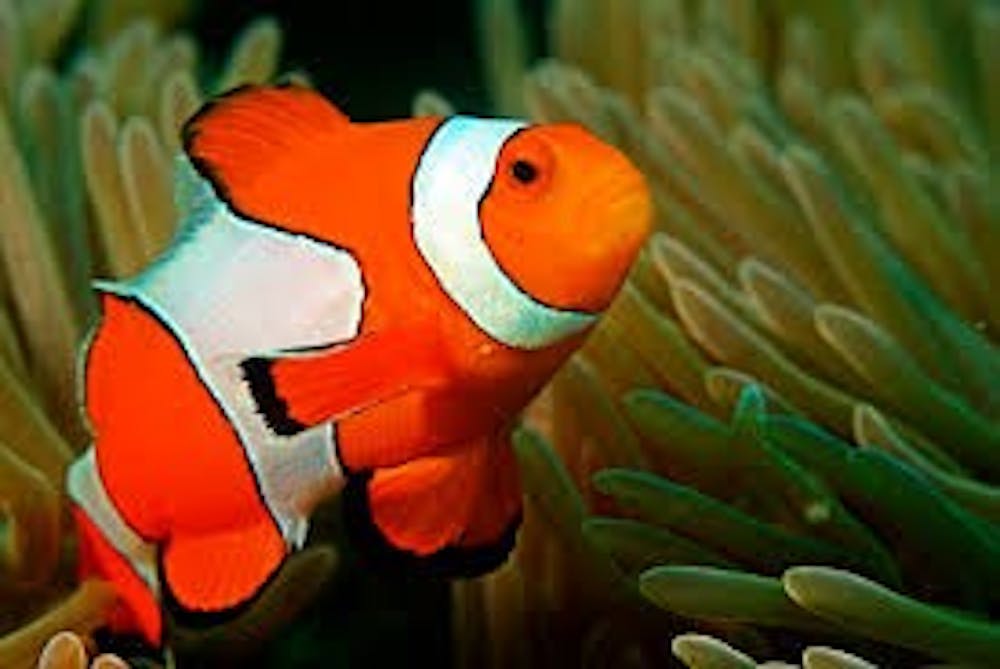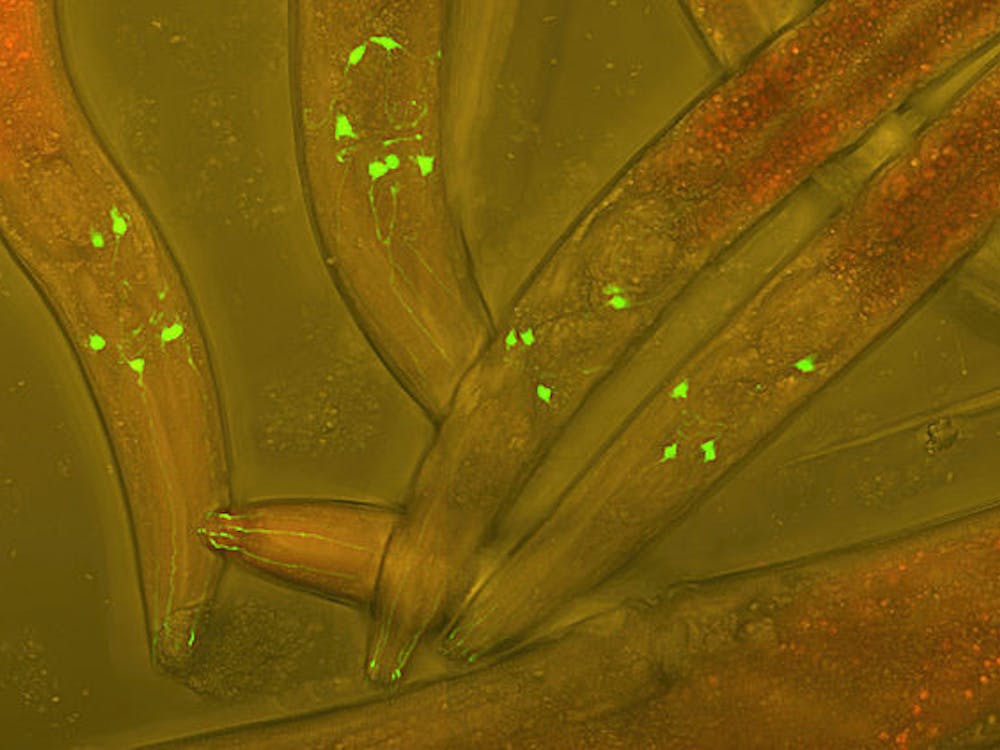A recent study revealed that self-awareness might not be a cognitive function unique to primates and mammals with complex cognitive systems. This possibility was opened by the surprising performance of a species of fish commonly known as the cleaner wrasse when faced with the mirror test.
The researchers leading the study at the Max Planck Institute for Ornithology (MPIO) and Osaka City University (OCU) were puzzled by the study’s findings because self-awareness was thought to be a trait not found in organisms with simpler cognitive systems, such as fish.
However, the fish in the study passed all aspects of the mirror test, causing the researchers to question whether self-awareness is the source of this result or if it can be achieved through a composition of different cognitive functions.
Alex Jordan, the senior author on the study, expressed his feelings about the results in a press release.
“The behaviors we observe leave little doubt that this fish behaviorally fulfils all criteria of the mirror test as originally laid out. What is less clear is whether these behaviors should be considered as evidence that fish are self-aware — even though in the past these same behaviors have been interpreted as self-awareness in so many other animals,” Jordan said.
The cleaner wrasse was tested for the cognitive ability of recognizing itself in the mirror with the use of a “mark test.”
In order to pass this test, the animal is required to touch or examine a mark placed on its body after viewing themselves in the mirror because this would suggest the animal is capable of recognizing the image on the mirror as itself.
The fish observed in the study seemed to attempt to scrape off marks on their bodies only after viewing themselves in the mirror. Researchers used a series of control scenarios in order to ensure the attempt to scrape off the marking was a result of it being observed in the mirror on the fish itself rather than an innate behavior caused by the presence of a marking in the environment around them.
Jordan views the results as controversial.
“Personally, I find the most parsimonious interpretation to be that these fish do pass the test as given, but this doesn’t mean they are self-aware. Rather they come to recognise the reflection as a representation of their own bodies without the involvement of self-consciousness,” Jordan said.
Scientists have found these results to be controversial since it is difficult to know whether they are indicative of self-awareness in fish or not.
Professor Frans de Waal, a leading primatologist at Emory University who has studied mirror self-recognition in mammals, believes that while the fish study is intriguing, we must use caution in interpreting it. In doing so, he calls for a less black-and-white approach to animal self-awareness.
“What if self-awareness develops like an onion, building layer upon layer, rather than appearing all at once?” de Waal said, according to ScienceDaily.
“To explore self-awareness further, we should stop looking at responses to the mirror as its litmus test. Only with a richer theory of the self and a larger test battery will we be able to determine all of the various levels of self-awareness, including where exactly fish fit in.”





